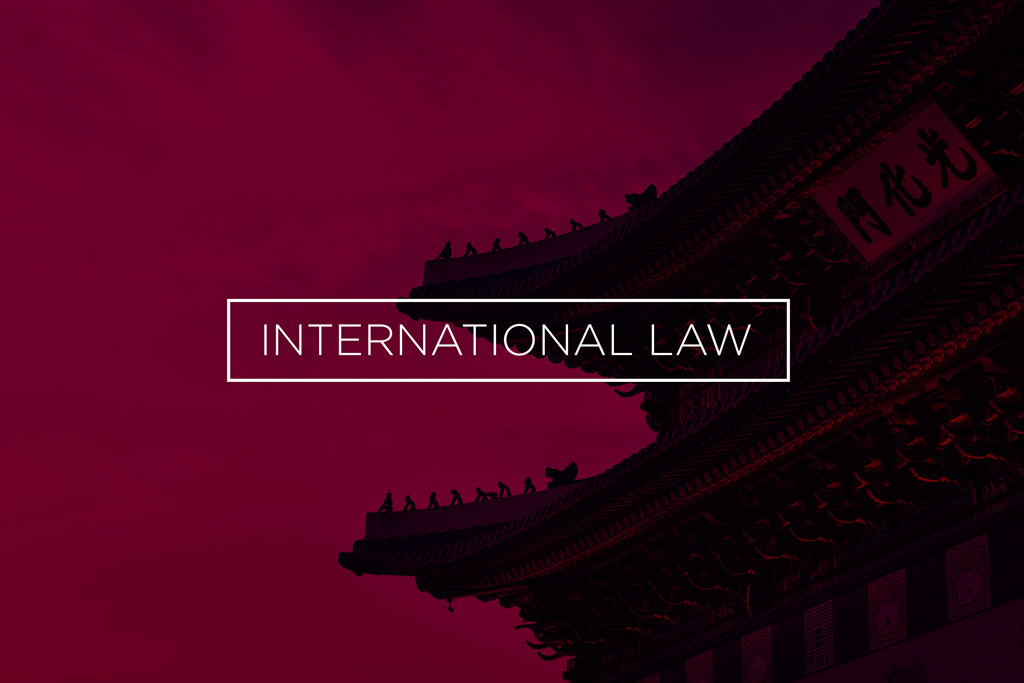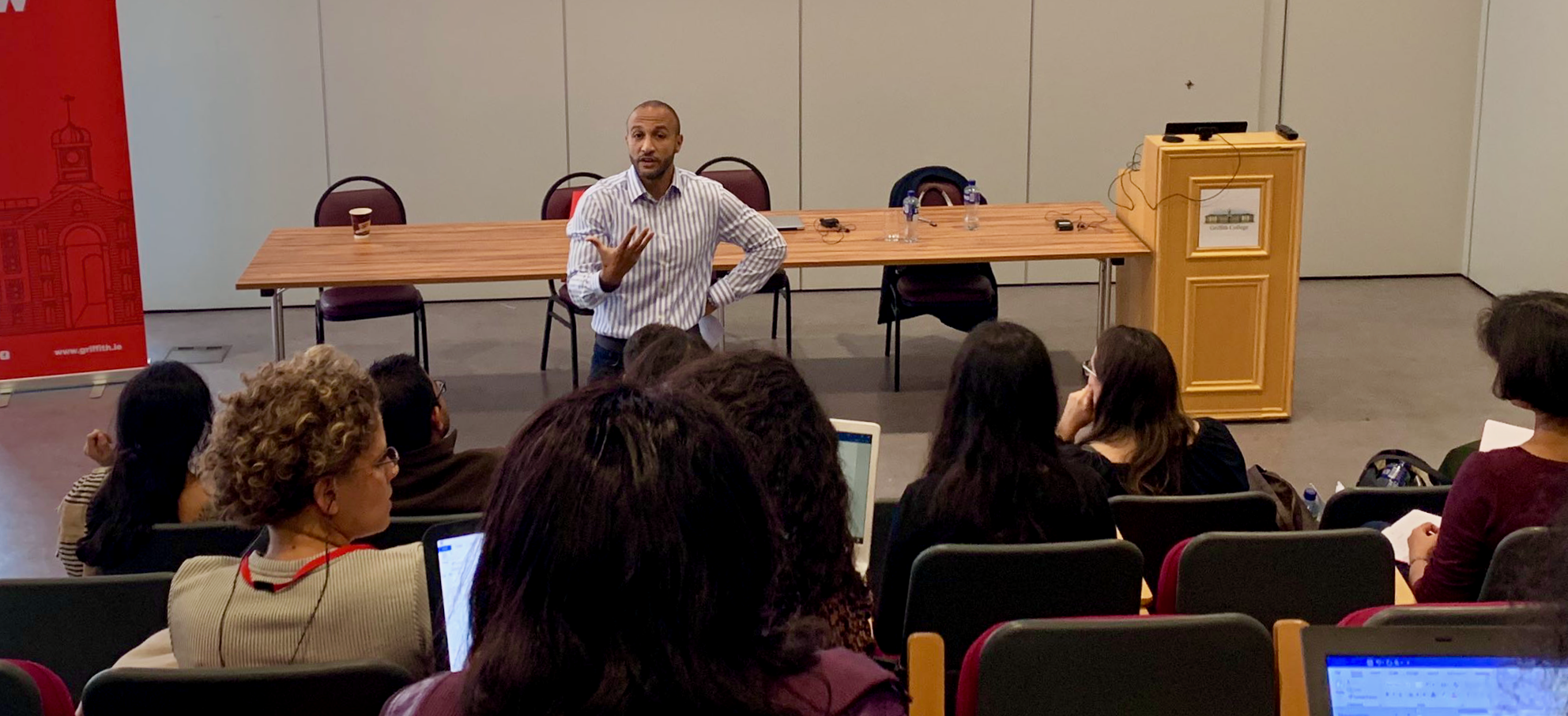
Making the Study of (International Economic) Law More Educational
There is a push-pull tendency in the teaching of international economic law. On one hand, we see greater specialisation – some say fragmentation – in the topics on offer: International Financial Instruments meets Regulating the Derivatives Market meets Voluntary Codes of Conduct in the Banking Sector. Course topics are carved out of scholars’s pet research projects resulting in (overly) focused examinations.
On the other hand, there is a notable decrease in the number of teaching hours assigned: at my own university, all modules have been compressed into 24 hours of lecture time. Subtract hours for administrative matters and self-imposed reading weeks and the number hovers closer to 20 (incidentally, every lecture a student misses equates to 10% squandered!). Can students achieve competency – or even basic understanding – in a subject matter when sandwiched between high precision and low supervision? The answer is self-evident and individual effort has little bearing on the outcome.
Students face a double whammy. Precision in the study of law is useful but only if the foundations are solid. For example, it makes little sense to teach derivatives without knowledge of financialisation; financialisation makes little sense without familiarity of the three crises of democratic capitalism; democratic capitalism is a mouthful without comprehension of political economy; and questions about modern political economy have their roots in European liberalism and European colonialism. Learning about all of the above requires a heck of a lot more than 20 hours of contact time hence why lecturers impress upon students the importance of supplementary research and reading. Self-guided learning works when students know the basics of learning and education; when they do not, they are left with few options other than flailing and floundering, neither of which enhances actual competency.
It is for this reason that I always return to the basics when undertaking the study of international economic law or, to be frank, any legal subject: what is society, why is society structured / regulated this way, who benefits and who suffers from the current arrangement / regulations, does the arrangement align with our aspirations, and, if not, how can it be improved? In the context of international economic law, these precepts translate into an introductory examination of capitalism. Since international economic law is the regulatory regime for global capitalism, the regulations make little sense without a grasp of the thing being regulated.
Drawing on the work of my man Ha-Joon Chang – 23 Things They Don’t Tell You About Capitalism – I distinguish between capitalism as an economic system (as presented in popular media) and capitalism as a political system (as concealed in popular media). The decision to surrender distribution to the market simply means that we are choosing to privilege those with strong market power (the wealthy) against those without (everyone else). We could choose to privilege those with strong political power (everyone in a democracy) at the expense of those with strong market power and, to a certain extent, we do this with taxation, welfarism, and even suffrage. Regardless, however, the choice about who to privilege in any given arrangement is political rather than economic.
Even the rules in operation in a free market are political. Why? Simple: the degree of freedom we enjoy in any setting is a political choice. For example, should children be permitted to work? Economically this might make sense: they are easy to exploit, have nimble fingers, and can crawl through small spaces (which explains why they used to work as chimney sweepers or still do sewing delicate garments). Politically, however, child labour is controversial. In 19th century England, there was much opposition to any prohibitions against child labour by, you guessed it, free marketeers: prohibitions on child labour represented an inefficient governmental interference in the market.
Today, however, few would advocate for children in the workplace, or an end to health and safety standards, or for freedom to sell alcohol in primary school, etc. In all of these instances, the market is constrained within a series of boundaries or rules that curb the freedom of the market. We do not regard these regulations as regulations, even though many were highly controversial when first adopted, as they have been normalised and are now invisible. And, in truth, opposition to regulation usually results from a rejection of the right the regulation seeks to promote (and not all regulation). Different people with different interests thus battle over the boundary lines of the market.
This basic point about capitalism was well understood by historical political economists such as Adam Smith, David Ricardo, Karl Marx, and Joseph Schumpeter as well as contemporary economists such as Ha-Joon Chang, Amartya Sen, and Joseph Stiglitz. Neoclassical economists, for their part, also understand this point even if they advocate disregarding it: Milton Friedman is the perfect example but then so are the heads of virtually every Euro-American central bank (just last week Mark Carney said that inequality was beyond the purview of the Central Bank of England since, you know, capital, credit, and interest rates are scientific concepts with no political affiliation).
Unfortunately, going by the lion’s share of scholarship on international economic law, most lecturers in the field prefer the apolitical version of capitalism and treat regulations of the economic framework as instrumental and lacking in political tendencies. As such, courses can be delivered on derivatives, codes of conduct, and financial instruments under the guise that the topic of examination is neutral and uncontroversial. Admittedly, this trend is hardly surprising: as others established many years ago, law schools have long been in service of wealth.
What does the above mean for students of international economic law or of law in general? If you wish to acquire an understanding of the subject matter, build an alternative reading list that situates your topic in the history of political economy and the alternate distribution models available. In other words, learn about the rationale underpinning society’s present structure and regulatory regime, the privileges and disadvantages it produces and for which groups, and how you can preserve or subvert the status quo. To me at least, this will make the study of derivatives, codes of conduct, and financial instruments – not to mention the study of law in general – a tad more educational.



